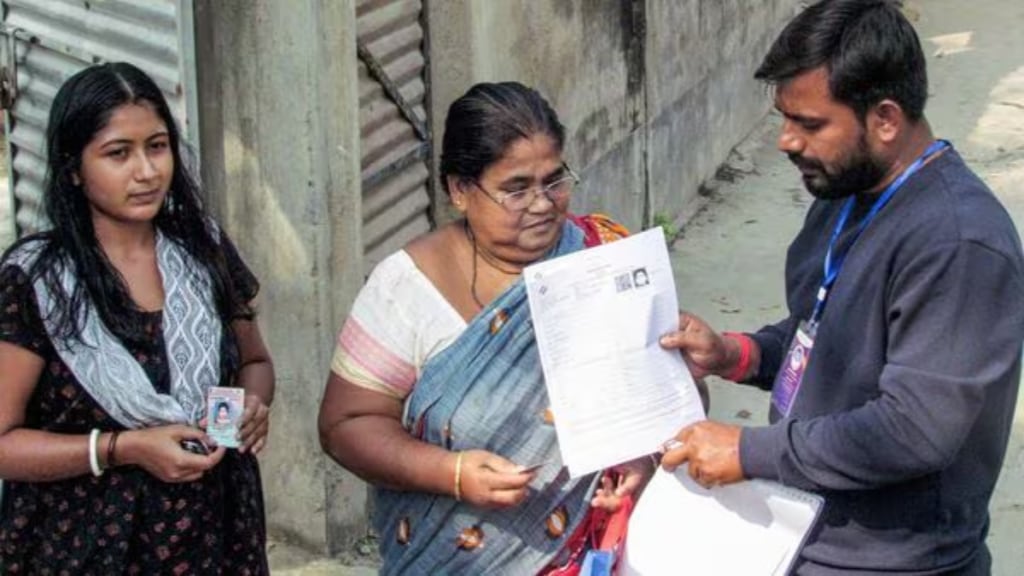Mere possession of a voter ID card does not guarantee eligibility to vote in the current electoral rolls. “For example, someone who has taken up citizenship of a different country might have retained his or her Indian voter card. So that alone would not allow him or her to cast a vote here,” officials explained. To ensure all eligible citizens are included and no ineligible person votes, the Election Commission of India (ECI) has launched the Special Intensive Revision (SIR).
What is Special Intensive Revision (SIR)?
SIR is a process aimed at updating and verifying electoral rolls. It helps include all eligible voters and remove duplicates, errors, or deceased persons from the voter list. Frequent migration, urbanization, and demographic changes make SIR necessary, especially as the last comprehensive revision in many states, including Bihar, was carried out in 2003.
“No eligible citizen is left out and no ineligible person is included,” officials said. During the 2003 SIR in Bihar, the process was completed in 31 days and eliminated over 70,000 duplicate names in Patna alone. Since then, the voting age has been lowered from 21 to 18, and large-scale internal migration has occurred, making an updated voter list more critical than ever.
Why SIR Matters Now
The SIR ensures that every voter can exercise their franchise without facing last-minute issues on polling day. In densely populated states, revisions prevent errors caused by outdated voter lists, including the presence of deceased voters or duplicate entries. Citizens are advised to fill out the SIR forms even if they already have a voter ID, to confirm their eligibility and avoid disappointment at the time of voting.
By conducting SIRs ahead of elections, the ECI ensures that electoral rolls remain accurate, transparent, and fair for all citizens.

